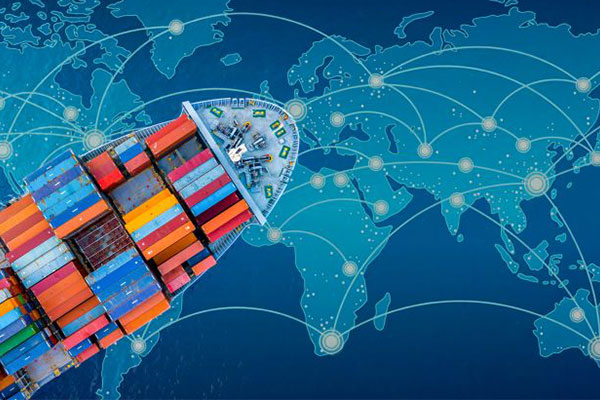
I.Agency export,What qualifications are actually required?
According to the latest 2025 Measures for the Administration of Customs Declarations for Import and Export Goods, the following conditions must be met for export agency operations:
- Service Provider Qualifications
- Customs Registration Certificate (valid until 2026)
- Certificate of Foreign Exchange Administration
- Operation of the Single Window for International Trade
- Qualifications of Production Enterprises
- The business scope listed on the business license includes import and export of goods.
- Product Export License (Specific Commodity Category)
- ISO certification and other quality system certificates
II. What are the stages involved in a complete export agency process?
A typical agency export operation process can be divided into six main stages:
- The contract signing phase
- Sign a tripartite agreement (manufacturer, agent, and overseas buyer)
- Determine the trade terms (CIF or DDP is recommended).
- Customs declaration and inspection stage
- Product classification and HS code confirmation
- Export tax refundFiling and Declaration
- Logistics and transportation stage
- Container Stowage Optimization Plan
- Handling Special Cargo Transportation Insurance
How are agency export fees calculated?
2025 Agency Service Fee Standards typically include:
- Basic service fee (0.8% - 1.5% of the cargo value)
- Documentation handling fee (RMB 200–800 per bill)
- Additional costs
- Special item supervision fee (e.g., hazardous materials)
- Expedited customs clearance service fee
How to prevent risks in export agency?
The following risk control measures are recommended:
- Compliance Risk Prevention and Control
- Regularly check export control lists
- Establish a credit evaluation system for trade partners
- Operational Risk Avoidance
- Implement a dual-person review mechanism for document preparation
- Insure export credit insurance
V. What are the golden criteria for choosing a proxy service provider?
It is recommended to evaluate service providers along the following dimensions:
- Customs AEO Certification Level (Priority given to Advanced Certified Enterprises)
- Customs-clearance capability in target markets (especially key markets such as Europe, the United States, and Southeast Asia)
- Digital service capability (ERP system integration level)
- Historical Dispute Resolution Success Rate (case proof required)
VI. What are the new changes in international trade policy for 2025?
Special attention should be paid to the following policy adjustments:
- The second phase implementation of the EU Carbon Border Adjustment Mechanism (CBAM)
- Updated Provisions on RCEP Rules of Origin
- Adjustment to the Section 301 Tariff Exclusion List
Specific recommendations :Before signing an agency agreement, companies are advised to require the service provider to furnish the most recent "International Trade Compliance Commitment Letter" and to stipulate a loss-sharing mechanism for any losses arising from policy changes.


 Follow Customer Service WeChat
Follow Customer Service WeChat